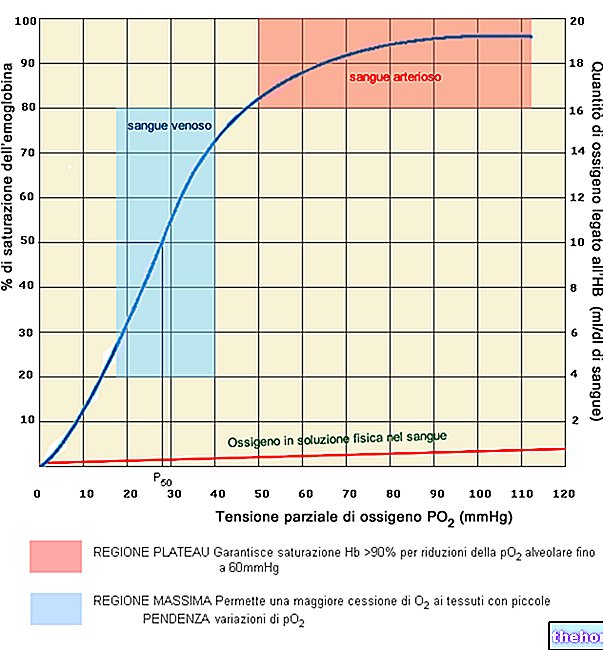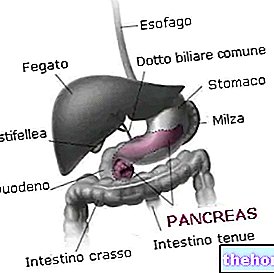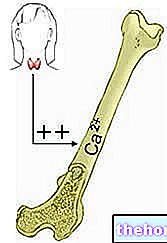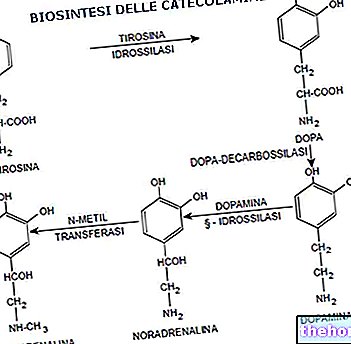What are SHBGs
SHBG - acronym for Sex Hormone Binding Globulin - is a plasma glycoprotein responsible for the transport of sex hormones in the blood. SHBG, in particular, carries testosterone and estradiol, while other steroid hormones - such as progesterone and corticosteroids - are transported by another protein, called transcortin. The affinity of SHBG for dihydrotestosterone (sex hormone with the greatest androgenic effects) is higher than that for testosterone and even more so than that for estradiol.
Given their lipophilic nature, in the blood testosterone and estradiol are largely linked to SHBG and to a lesser extent to albumin; an even smaller part is instead free and as such - unlike the others - represents the biologically active fraction.
Free hormone fraction
The free hormonal quota constitutes the active fraction because it can enter the cells and carry out its action. On the contrary, the share linked to the SHBG represents a sort of temporarily inactive reserve; finally, the fraction associated with albumin, by virtue of the weakness of the bond that unites it, is considered bioavailable (like the free one).
As stated above, the bioavailability of sex hormones is influenced by the levels of SHBG, with an inversely proportional relationship.
Summary and Influence of the Diet
SHBG synthesis occurs mainly in the liver and appears to be inhibited by high levels of insulin, transcortin, androgens and IGF-1, which consequently raise the share of biologically active androgens and estrogens. On the other hand, SHBG levels seem to increase in the presence of high levels of growth hormone, estrogen and tyrosine. Recent evidence, however, suggests that the hepatic production of fat (lipogenesis induced by a diet particularly rich in sugars and calories), represents the most important inhibitory factor on the synthesis of SHBG, while no direct effect of insulin or mechanisms has been demonstrated. genetics able to support it.
"Too much sugar turns off gene that controls the effects of sex steroids". PhysOrg.com. 2007-11-07. http://www.physorg.com/news113902673.html. Retrieved 2008-02-10.
Selva DM, Hogeveen KN, Innis SM, Hammond GL. "Monosaccharide-induced lipogenesis regulates the human hepatic sex hormone-binding globulin gene". J. Clin. Invest. 117: 3979-87. doi: 10.1172 / JCI32249. PMID 17992261


.jpg)













.jpg)











